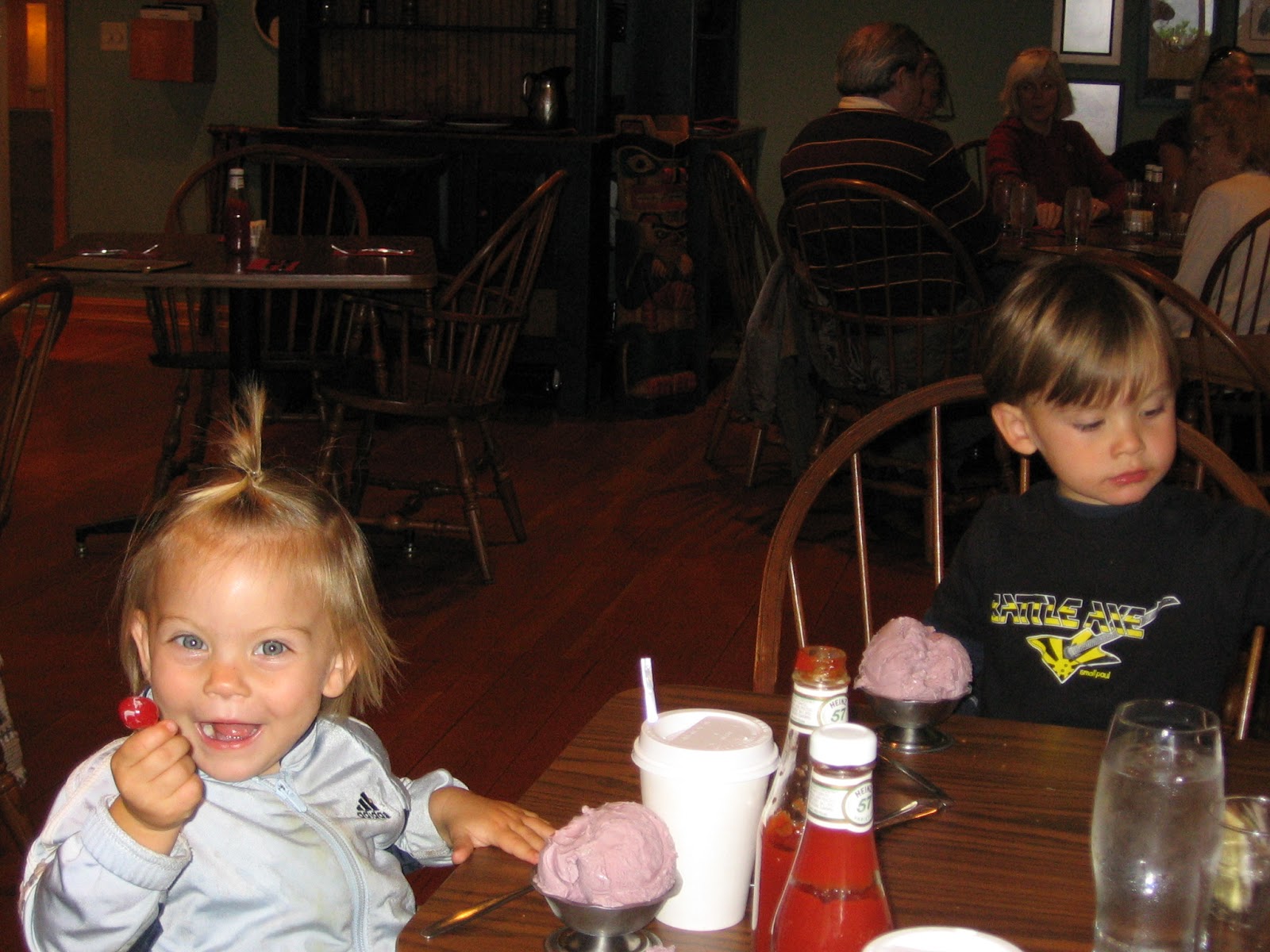I want it all and I want it delivered! T-shirt
I always wanted to be somebody; but I should have been more specific. Lily Tomlin
Probably in every age through the centuries there are young adults who've stalled in their maturation. This stalling has been on my mind since I attended a workshop several summers ago. In the song writing class we were instructed to write a song on a topic the teacher assigned us. He came up with these topics by speaking to each of us then choosing something from that conversation he thought might be challenging. The topics were both interesting and thought provoking.
The topic that really intrigued me and provoked the most discussion in our class was given to Brenda* on "loving herself". She admitted "I'm angry all the time at the world and my circumstances". One of Brenda's 'circumstances' was she couldn't bare to escort her grown sons [Homer*age 24 and Bart* age 25] out of the house. They had no jobs, they payed no rent. Unbelievably Brenda kept saying "we have messed up this world, how can I send them out there?" as her justification for her inaction. Yet she was so angry about them living at home being lumps on the couch, hence Brenda's dilemma and 'circumstances'.
Is the world messed up? Yep, we've foisted climate change on ours and future generations to deal with and hopefully clean up. Is the world, the people and all creatures in it beautiful. Indeed it is. Brenda from my humble perspective, was caught in a typical "either/or" dilemma, never considering that the answers might lie in "both/and".
The people in the class were stunned by her lack of insight into her problem. Brenda was afraid for her grown sons and couldn't "let them go into that messed up world". As I mentioned in a previous posts: fear is not love. This really was about Brenda's personal anxieties. We, the class members encouraged, we cajoled, we rooted for her to let them go. She practically had her fingers stuck in her ears. It would have been fascinating if it wasn't so sad. Sad for Brenda, sabotaging her own happiness but I believe less sad for her sons. They got to be infantilized and lazy. Most critically and importantly though they were not maturing.
It happened that two of my sisters were in this class and if by spontaneous combustion we burst into the song, "Your Children Are Not Your Children" [from a poem by Kahlil Gibran]
"Your children are not your children,
they are the sons and the daughters of life longing for itself
they come through you but they are not of you
and though they are with you they belong not to you..."
To no avail! [Although he was a bit stunned and initially speechless, our teacher rather liked our rendition and rich harmonies.]
If I had been able to say something to Brenda, I'd have coached her to say to them:
"the world is not easy it's true... and here are the want ads... and I want you to move out...and you have a month to find a job and a place to live." Seems too harsh? It's a case of both/and. Read on.
To be honest, to be kind, to earn a little and to spend a little less, to make upon the whole family happier for your presence, to keep friends with yourself, here is a task for all... Robert Louis Stevenson
I've seen kids ride bicycles, run, play ball, set up a camp, swing, fight a war, swim and race for eight hours...yet have to be driven to the garbage can. Erma Bombeck
I must admit I'm stunned when I read or hear stories about teens or young adults who never take a job, or help out their elderly neighbors, or chip in with the housework or share the cooking with their families. Not expecting anything from the young and energetic is a disservice to them and the communities they live in. Even if in your town or city a job is hard to come by, surely the youths can help out the family by cooking, cleaning, babysitting or running errands.
Here's an example of altruism in some young people despite hardship. When traveling with my sister in 2011 to Italy we went to Tivoli for an evening. The city was suffering from the recession and much of the city was in disarray. The city had no money to clean up the streets and jobs were scarce. The young adults and the teens got disgusted with all the litter and organized a campaign to clean up the parks. Cleaner parks brought in more tourists and had a good effect eventually on their local economy. Altruism reigns supreme.
 |
| There are rich rewards if you are diligent and persist for maturity. |
Do your young adults a favor, treat them respectfully like the adults that you wish them to be. Just like I've suggested with the younger children be kind, encouraging and inspirational to them. Make sure you're being loving, mature, responsible, a good citizen and energetic. Like breeds like.
*these are obviously not their real names
*these are obviously not their real names






